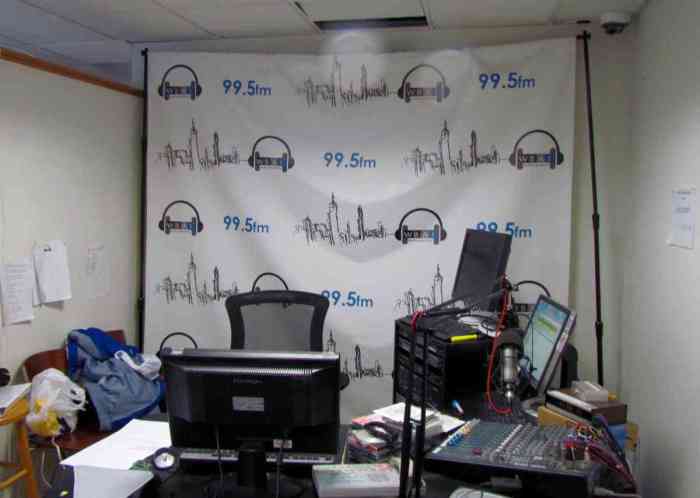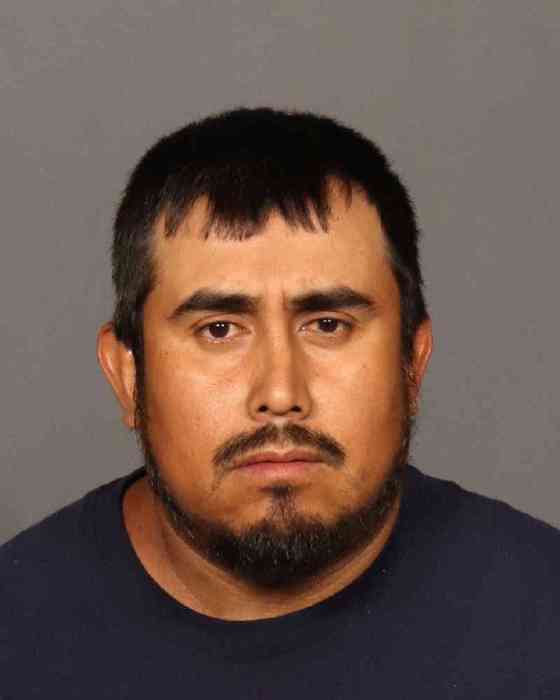A Brooklyn judge vacated a 1995 murder conviction on Thursday, setting 46-year-old Carlos Weeks free after a renewed investigation into the decades-old case cast doubt on his guilt.
“There are no words that could possibly be said to give Mr. Weeks those years back,” said Supreme Court Justice Dineen Rviezzo. “I vacant the conviction and dismiss the indictment with prejudice. Mr. Weeks — you’re free to go. Best of luck to you sir.”
Weeks — who has spent over half his life behind bars — cracked only a faint smile as the judge overturned the murder conviction, appearing simultaneously anxious and elated as he stood in court and regained the freedom he lost 26 years ago.
“I’m feeling good and happy to be out,” said Weeks as he left the courthouse on his own volition. “I feel great.”
The Brooklyn District Attorney’s office filed a motion to overturn the conviction on Oct. 3 after a months long re-examination of the evidence found that the sole eye witnesses recanted their statements and the other supporting evidence was deemed uncorroborated.
“We cannot stand by this conviction,” said Gonzalez, calling the case a “a miscarriage of justice.”
The newly freed man had been accused of murdering a 21-year-old man and shooting a 10-year-old girl in the face outside of the Thompkins projects building at Thompkins and Myrtle avenues in July 1993.
Days after the shooting, another man — Marshall Taylor — told cops that Weeks had privately confessed to firing the fatal shot.
An hour after that statement to police, Taylor’s mother and aunt both testified to witnessing Weeks firing off a pistol during the shooting from their window, 12 floors above ground level.

Police arrested the suspect, and he was convicted by a jury in 1995 of second-degree murder and first-degree assault.
In 2015, however, lawyers with the non-profit legal aid society began pushing the District Attorney’s Conviction Review Unit to revisit the case — claiming the “eyewitness” testimonies were implausible given their perch a dozen floors above the shooting.
Reps with the DA’s office then sought to re-interview the two supposed witnesses — one of whom claimed she forgot the whole incident, and another who claimed she made up her testimony because “there was so much pressure” to pin the blame on Weeks.
Gonzalez appeared in court on Thursday to watch the wrongfully convicted man walk free — the sixth case vacated since Gonzalez took over as District Attorney in late 2016.
At a rate of two exonerated convicts per-year, however, Gonzalez lags behind his predecessor Kenneth Thompson — who helped overturn 21 cases during his 32-month tenure between January 2014 and October 2016.
A Gonzalez spokesman pushed back on the notion that the prosecutor’s office has been more conservative than it had under the previous administration — arguing that Thompson’s number was inflated because of numerous cases where multiple defendants were exonerated at once.
For his part, the newly-free Weeks expressed hope that prosecutors would continue to re-evaluate old convictions like his quarter-century stint behind bars.
“I hope Gonzalez continues with his Conviction Review Unit work,” said Weeks as he left court. “There’s a lot of guys up there that need it.”
























